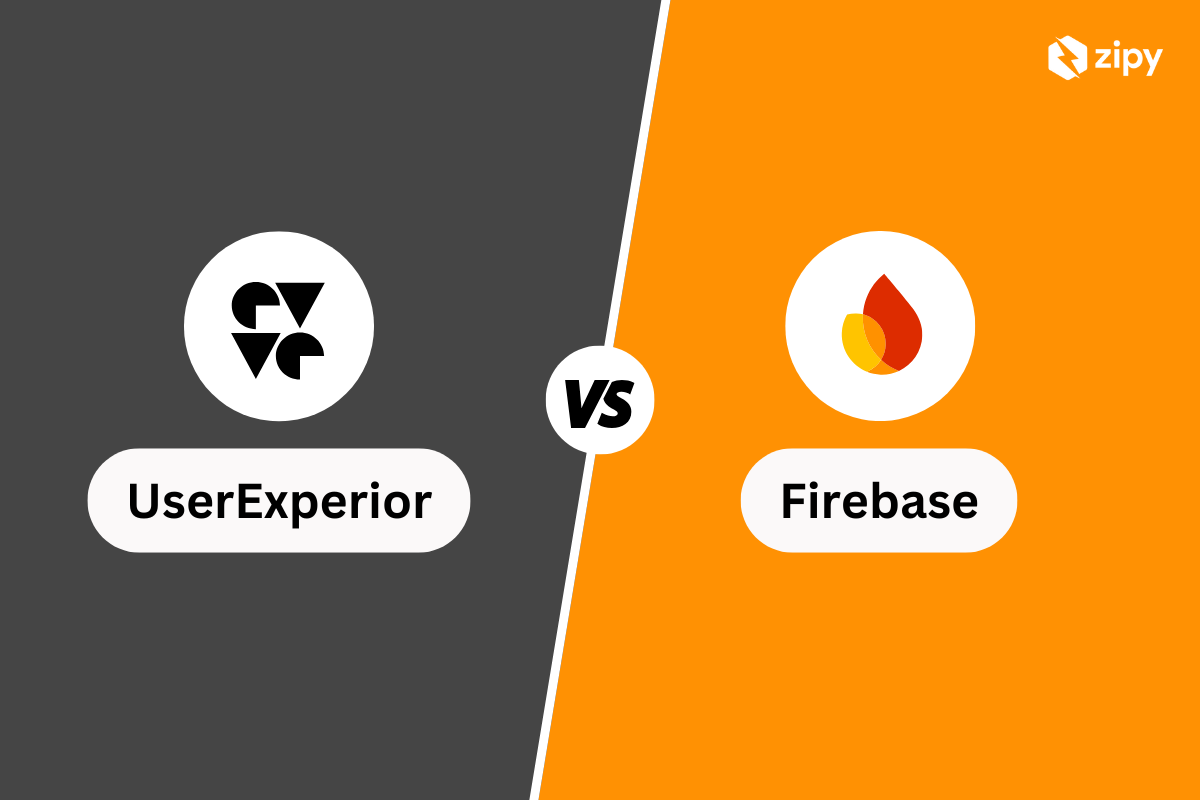Introduction
In the dynamic world of web development, encountering errors is as common as the use of variables themselves. One such frequent visitor in the Svelte landscape is the "Svelte Undefined Variable in Template Error." This error can be perplexing, especially for developers transitioning to Svelte from other JavaScript frameworks. However, understanding and resolving this error can significantly enhance your development experience. In this article, we'll demystify this error through practical scenarios, offering insights and solutions that cater to both novices and seasoned JavaScript developers.
Catch errors proactively with Zipy. Sign up for free!
Try Zipy now
Understanding Undefined Variable in Template Error in Svelte
The "Undefined Variable in Template Error in Svelte" occurs when Svelte's compiler cannot find a declared variable within its scope, yet the variable is being referenced in the template. This is a common issue that can lead to runtime errors, making it crucial for developers to grasp its nuances for efficient debugging.
Scenario 1
Error code
<script>
let greeting;
</script>
<h2>{greet}</h2> <!-- greet is not defined -->
Corrected code
<script>
let greeting = 'Hello, world!'; // Corrected variable name
</script>
<h2>{greeting}</h2> <!-- Variable name corrected -->
Solution Summary
In this scenario, the error was due to a typo in the variable name. The variable greeting was declared, but greet was used in the template. Correcting the variable name resolves the error.
Scenario 2
Error code
<script>
let user = { name: 'John' };
</script>
<h2>Hello, {user.firstName}</h2> <!-- firstName is undefined -->
Corrected code
<script>
let user = { name: 'John', firstName: 'John' }; // Added firstName property
</script>
<h2>Hello, {user.firstName}</h2> <!-- Added firstName property -->
Solution Summary
The issue arose from trying to access an undefined property of an object. By ensuring that the firstName property exists in the user object, the error is fixed.
Scenario 3
Error code
{#if user}
<h2>Welcome, {user.name}</h2>
{/if}
Corrected code
<script>
let user = { name: 'Jane' }; // User variable declared
</script>
{#if user}
<h2>Welcome, {user.name}</h2> <!-- User variable now defined -->
{/if}
Solution Summary
This scenario illustrates a case where the variable user was referenced without being declared. Declaring the user variable within the <script> tag fixes the error.
Handling Undefined Variable in Template Error in Svelte
Understanding the scope and lifecycle of Svelte components is pivotal in preventing the "Undefined Variable in Template Error." Always ensure variables are declared and correctly scoped within the <script> tags before referencing them in the template. Utilize Svelte's reactivity features judiciously to manage variable states and updates effectively.
Proactive Error Debugging with Zipy
While mastering Svelte's intricacies can mitigate many issues, having a robust debugging tool like Zipy can transform your error-handling strategy. Zipy aids developers in debugging runtime Svelte errors through proactive error monitoring and user session replay capabilities. This tool not only pinpoints errors as they occur but also provides context, making it easier to understand and fix issues swiftly. Discover more about how Zipy can enhance your development workflow at Zipy.
Debug and fix code errors with Zipy Error Monitoring.
Sign up for free
Conclusion
The "Svelte Undefined Variable in Template Error" can be a stumbling block for developers. However, with a clear understanding of Svelte's reactivity and scope, alongside tools like Zipy for proactive error monitoring, developers can efficiently navigate and resolve these errors. This knowledge empowers developers to create more robust and error-free applications with Svelte.
Resources on how to debug and fix Svelte errors
- 11 common Svelte errors and their solutions: A complete guide to error handling in Svelte
- Svelte Debugging, Error Handling and Performance Monitoring
- How to handle Svelte ReferenceError?
- How to handle Svelte Type Error?
- How to handle Svelte Syntax Error?
- How to handle Svelte Event Handling Errors?
- How to handle Svelte Component Lifecycle Errors?
- How to handle Svelte Transition Errors?
- How to handle Svelte Store Errors?
- How to handle Svelte Routing Errors?
- How to handle Svelte Promise Rejection Errors?
- How to handle Svelte DOM Manipulation Errors?
Frequently Asked Questions
How can I prevent the "Undefined Variable in Template Error" in Svelte?
Ensure all variables are declared and properly initialized within the <script> tag before using them in the template. Also, keep track of the variable scopes and their lifecycles within your Svelte components.
What tools can assist in debugging Svelte applications?
Tools like Zipy offer proactive error monitoring and user session replay capabilities, which are invaluable for debugging Svelte applications and understanding runtime errors in context.
Can typos cause "Undefined Variable in Template Error" in Svelte?
Yes, typos in variable names are a common cause of this error. Always double-check your variable names for consistency across your scripts and templates.
Is it possible to access undefined properties of an object in Svelte templates?
Trying to access undefined properties will cause errors. Ensure that all properties you reference in the template are defined in the
object.
How does Svelte handle variables that are not yet defined in the template?
Svelte will throw an "Undefined Variable in Template Error" if it encounters a variable in the template that hasn't been defined in the script. Proper variable declaration and initialization can prevent this issue.
Key takeaways
- Typos and misspellings are a common cause of the "Undefined Variable in Template Error." Always verify your variable names for accuracy.
- Object properties must be defined before being accessed in templates to avoid undefined errors.
- Variable declaration within the script tag is essential for Svelte to recognize and use them in the template.
- Using tools like Zipy for proactive error monitoring and debugging can significantly improve the development experience and error resolution in Svelte applications.
.svg)





.png)





.webp)